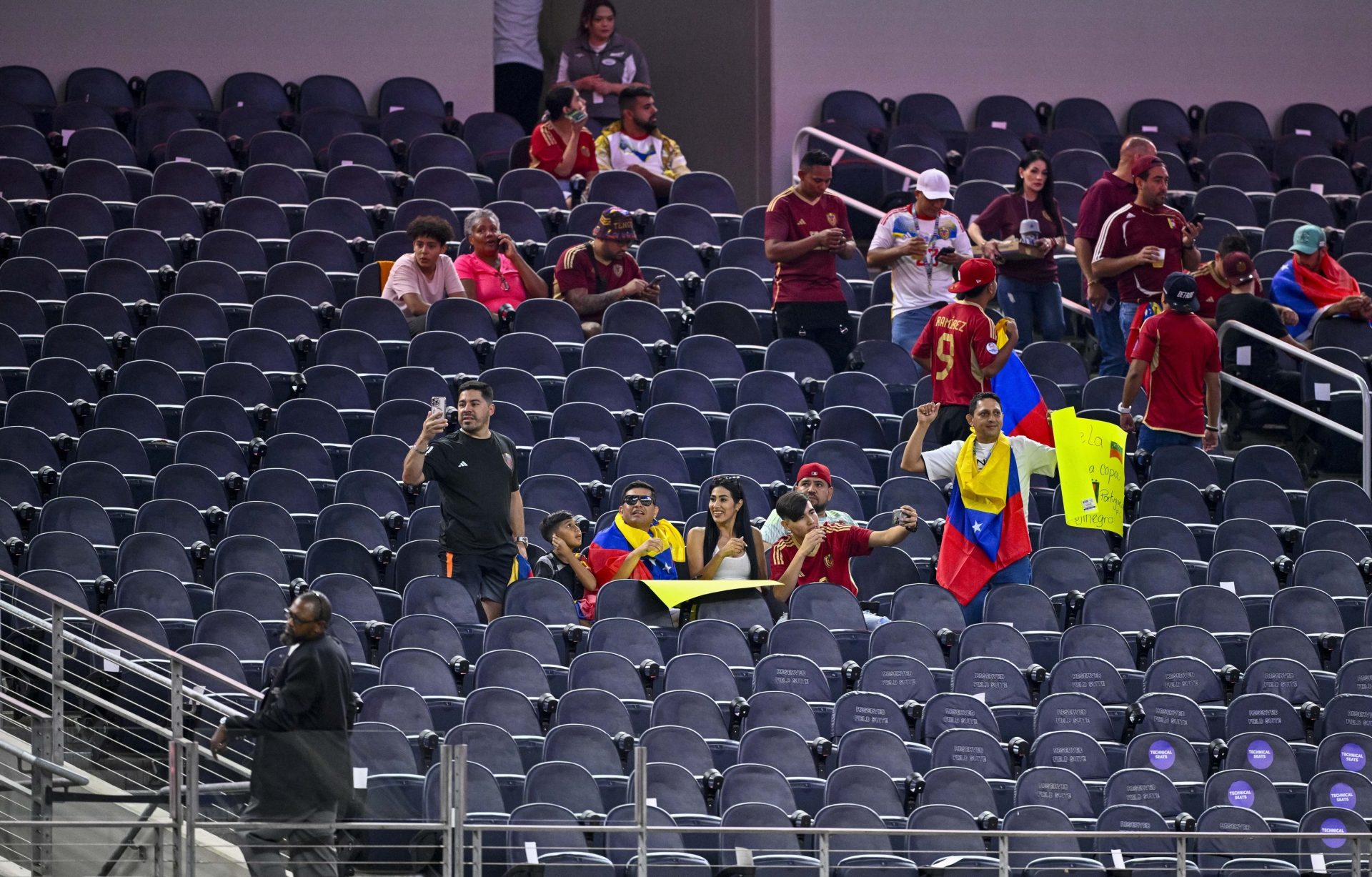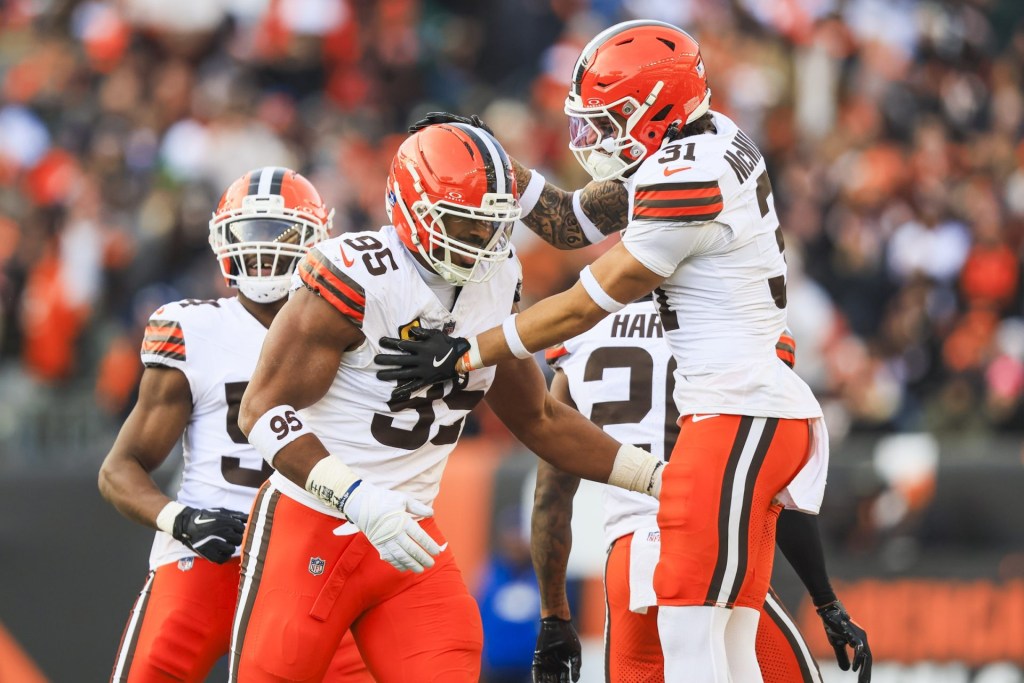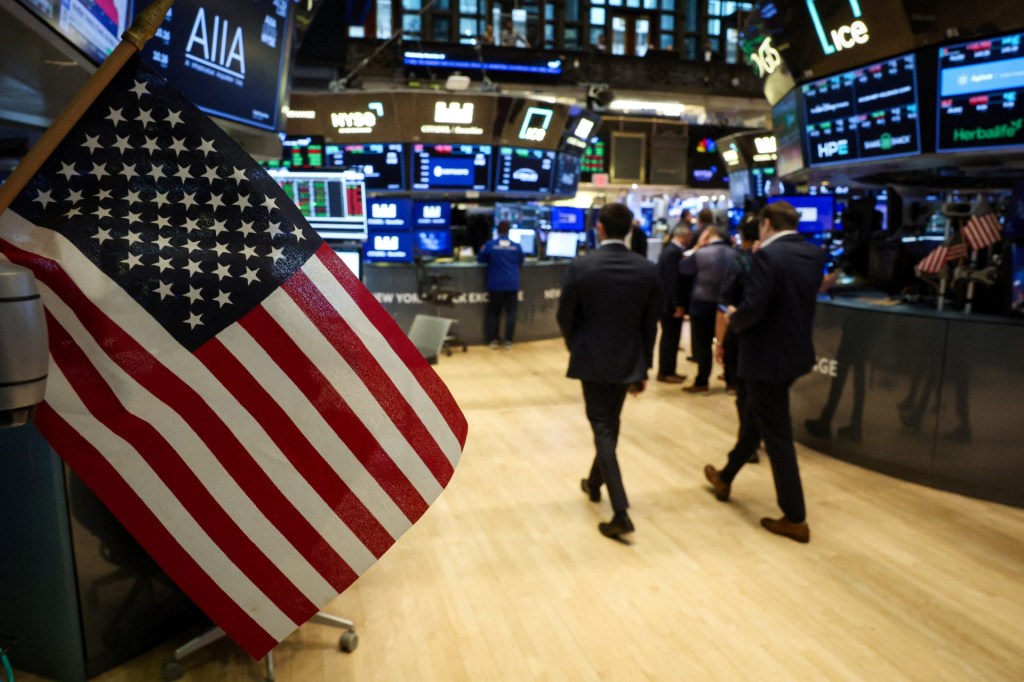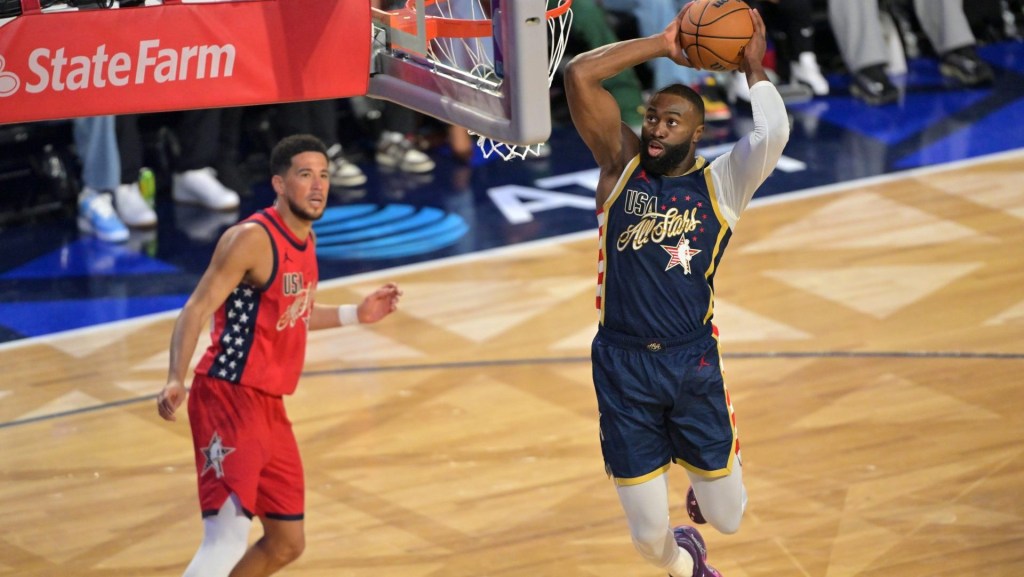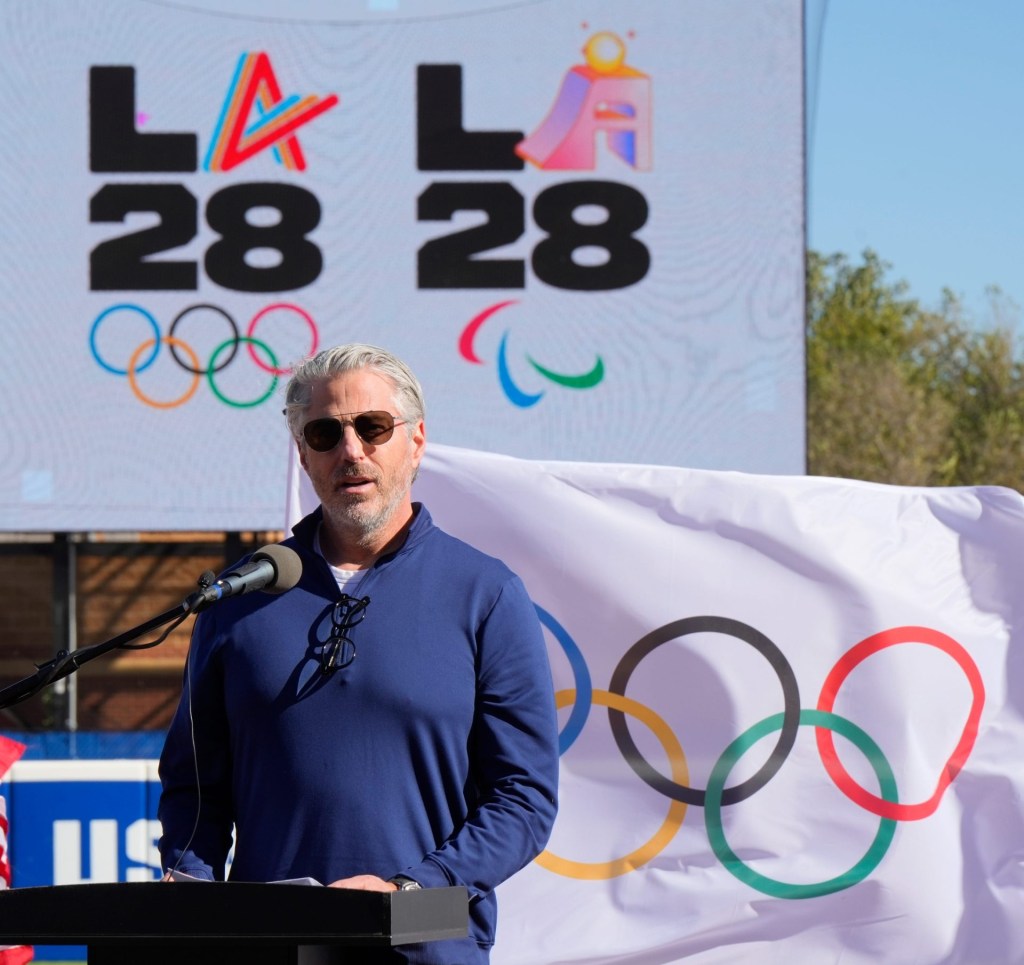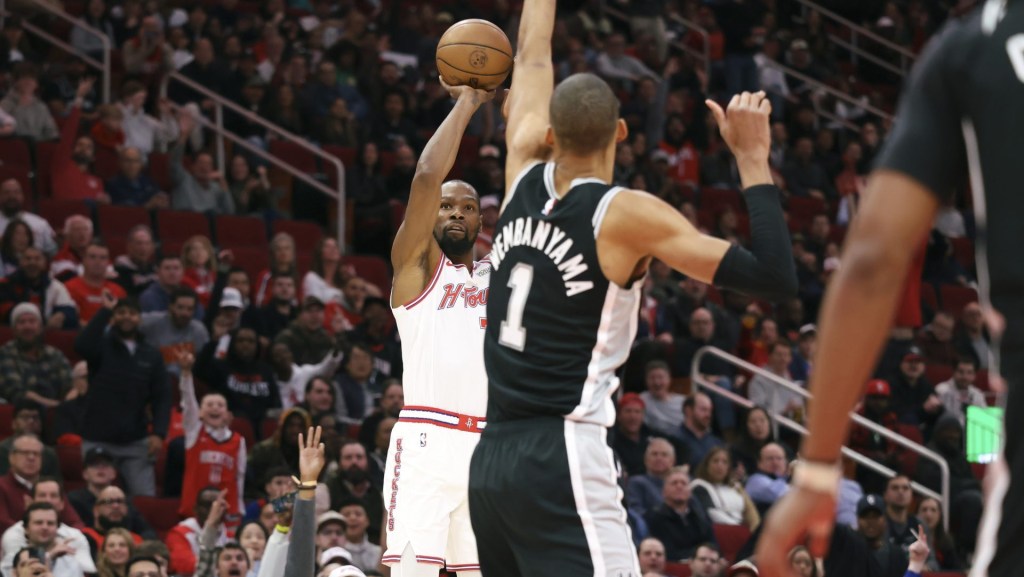Club World Cup ticket prices are falling by the day.
In Seattle, Sounders fans are receiving offers for free tickets. That comes after some fans had already received partial refunds while others found their seats had been moved closer to the action.
In Miami, students have gotten offers for five seats to the opener for $20, breaking down to just $4 per ticket to see Lionel Messi’s Inter Miami squad.
On Ticketmaster, FIFA’s official platform for the Club World Cup, get-in prices widely vary. The first match at the Rose Bowl between PSG and Atlético de Madrid is nearly $100. The group stage match in Orlando between teams from South Africa and South Korea is only $22.
Last week, The Athletic reported that tens of thousands of seats for the Miami opener remained unsold, and FIFA had been cutting prices for the group stage matches to try to lure in fans.
The governing body hasn’t cut prices yet for the final in New Jersey, where the get-in ticket is well over $700. Real Madrid also boasts higher group stage match prices, with get-in prices for two of those matches sitting around $250.
Tickets are being sold through a dynamic pricing model, which means low demand will make tickets cheaper, and vice versa.
The Club World Cup had been a small part of FIFA’s business model until this year, when it scaled up the tournament from seven to 32 teams and added a $1 billion purse. It’s been controversial from the start, receiving criticism for adding to soccer’s already full international calendar.
FIFA was strategic in picking its host cities for the new tournament. Nashville, for example, is a city where MLS has found success, and FIFA put the Club World Cup in Nashville SC’s 30,000-seat Geodis Park rather than the Tennessee Titans’ 70,000-person Nissan Stadium (which it skipped altogether for 2026). Cincinnati and Charlotte are other cities where soccer has caught on, and FIFA chose them for the Club World Cup. The semifinals and final in New Jersey will provide a test run for the 2026 World Cup final, particularly for security and transportation.
While matches in cities like Cincinnati, Nashville, and Washington, D.C. will be in smaller MLS venues, a number of the host sites are full-sized NFL stadiums, including in Atlanta, Seattle, and Philadelphia. FIFA might be able to escape empty-looking stadiums on some TV broadcasts, but it won’t be able to avoid that for all of them.
Last summer’s Copa América held its final at Hard Rock Stadium. Fans breached security, dozens were arrested including the president of the Colombian soccer federation, and kickoff was delayed for over an hour. In the lead-up to the final, the tournament struggled to fill NFL-sized stadiums instead of opting for smaller ones, but still kept ticket prices high.
FIFA president Gianni Infantino said he thinks the opener in Miami will be “full” and “packed with fans.” He said in April that he was “not worried at all about ticket sales.”
